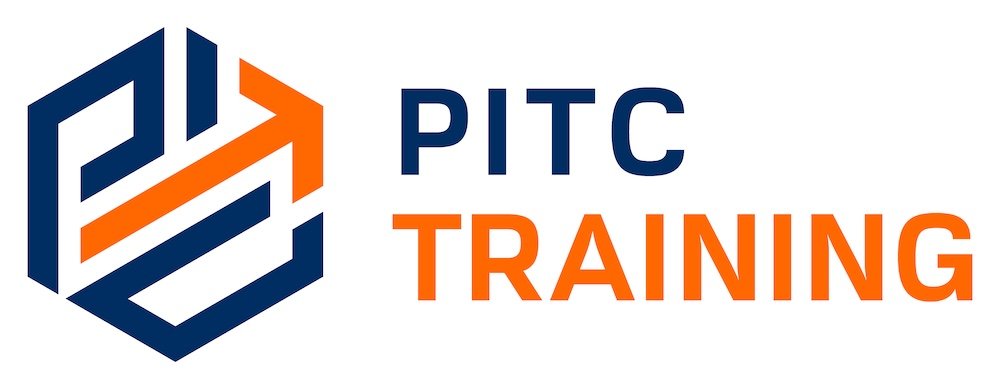Introduction
In the modern business world, informed decisions are crucial. Financial modelling serves as the cornerstone, enabling professionals to forecast trends, assess opportunities, and drive strategic outcomes. In this course, participants will learn the basics of building robust financial models and gain practical skills to do so. It aims to empower participants with the expertise needed to excel in financial analysis and modelling Participants will learn to construct models that analyse historical data, forecast future performance, and simulate various scenarios to support critical business decisions.
Course Outline
- Module 1
- Module 2
- Module 3
- Module 4
- Module 5
- Course Objectives
- Target Audience
Financial Modelling
- Overview of financial modelling.
- Key financial concepts: NPV, IRR, cash flow, etc.
- Excel for financial modelling.
- Basic Excel functions and tools.
- Common modelling mistakes.
Financial Statements
- Review of financial statement.
- Relationships between financial statements.
- Linking financial statements in Excel.
- Ratio analysis.
- Working capital management in models.
Building Financial Model
- Structuring a financial model.
- Revenue forecasting techniques.
- Expense forecasting techniques.
- Capex and depreciation modelling.
- Working capital and cash flow forecasting.
Valuation Modelling
- Basics of valuation models: DCF and multiples.
- Terminal value calculation.
- Discount rate and WACC calculation.
- Sensitivity analysis in valuation models.
- Comparable company analysis.
Analysis and Model Optimization
- Scenario analysis.
- Scenarios in Excel.
- Sensitivity analysis.
- Stress testing financial models.
- Presenting and communicating model results.
By the end of this course, participants will be able to:
- Develop proficiency in building and interpreting financial models using Excel and other tools.
- Learn how to structure, layout, and document models accurately.
- Learn how financial models can help you evaluate investments and projects feasibility.
- Apply appropriate modelling techniques to historical data to improve forecasting accuracy.
- Provide a solid foundation for topics related to advanced financial modelling.
This course is ideal for:
- Accountants & auditors.
- Financial analysts.
- Investment bankers.
- Corporate finance officers.
- Business analysts & consultants.
- Entrepreneurs & business owners.
Course Schedule & Fees
- Kuala Lumpur
- Singapore
- Amsterdam
- Online
- Course Fees
This course will take place in Kuala Lumpur on the following dates:
| 05/05/2025 | 19/05/2025 | 02/06/2025 | 16/06/2025 |
| 30/06/2025 | 14/07/2025 | 28/07/2025 | 11/08/2025 |
| 25/08/2025 | 08/09/2025 | 22/09/2025 | 06/10/2025 |
| 27/10/2025 | 10/11/2025 | 24/11/2025 | 08/12/2025 |
| 22/12/2025 | 05/01/2026 | 19/01/2026 | 02/02/2026 |
This course will take place in Singapore on the following dates:
| 26/05/2025 | 16/06/2025 | 07/07/2025 | 28/07/2025 |
| 18/08/2025 | 08/09/2025 | 29/09/2025 | 20/10/2025 |
| 10/11/2025 | 01/12/2025 | 22/12/2025 | 12/01/2026 |
| 02/02/2026 | 23/02/2026 |
This course will take place in Amsterdam on the following dates:
| 12/05/2025 | 02/06/2025 | 23/06/2025 | 14/07/2025 |
| 04/08/2025 | 25/08/2025 | 15/09/2025 | 06/10/2025 |
| 27/10/2025 | 17/11/2025 | 08/12/2025 | 29/12/2025 |
| 19/01/2026 | 19/01/2026 |
This course will take place Online the following dates:
| 13/05/2025 | 10/06/2025 | 08/07/2025 | 05/08/2025 |
| 02/09/2025 | 30/09/2025 | 28/10/2025 | 25/11/2025 |
| 23/12/2025 | 20/01/2026 | 17/02/2026 |
| Kuala Lumpur | Singapore | Amsterdam | Online |
| USD$ 3,580 | USD$ 5,600 | USD$ 5,600 | USD$ 1,920 |


